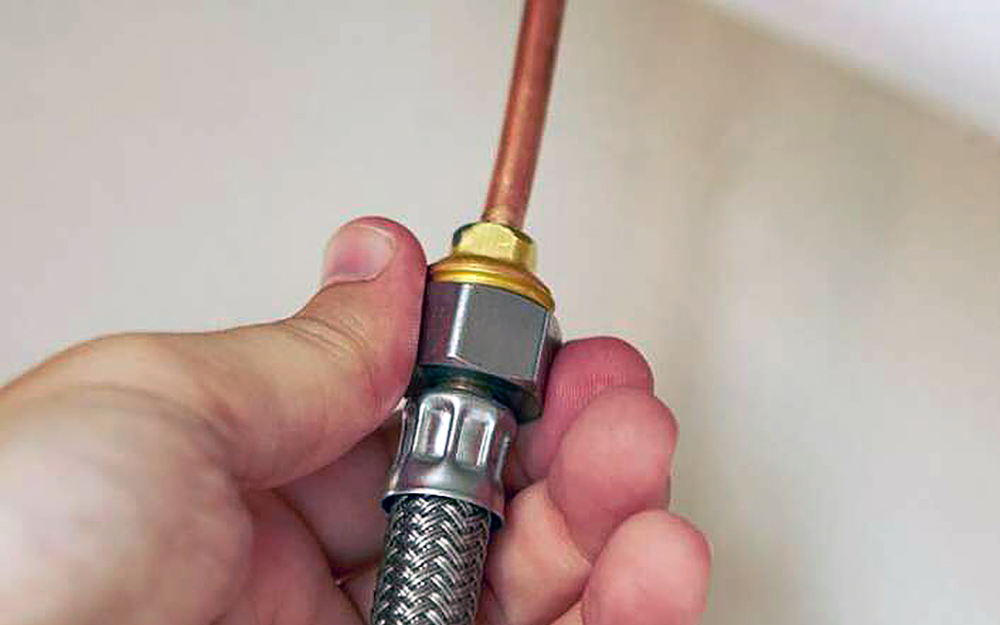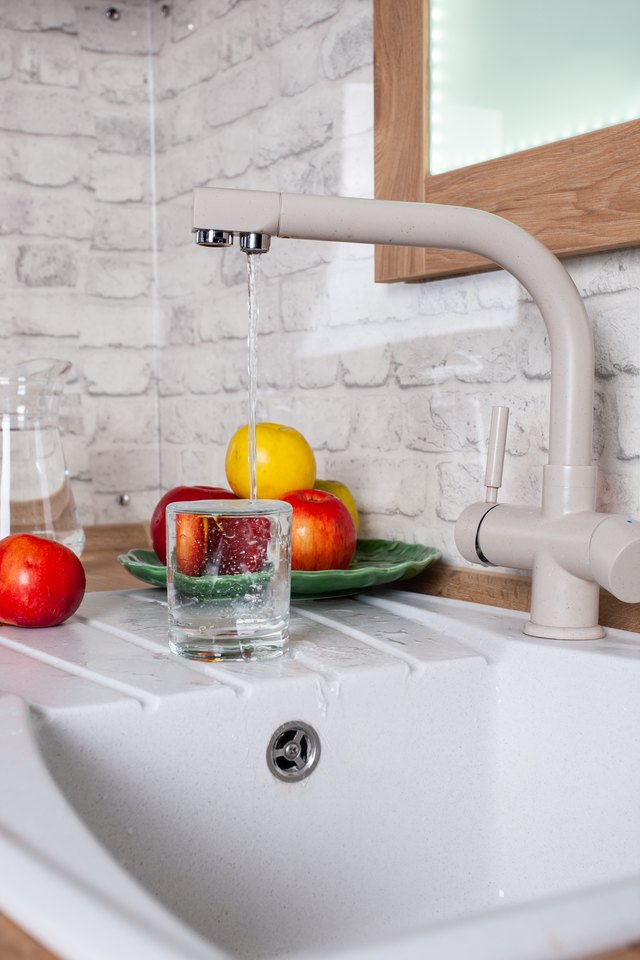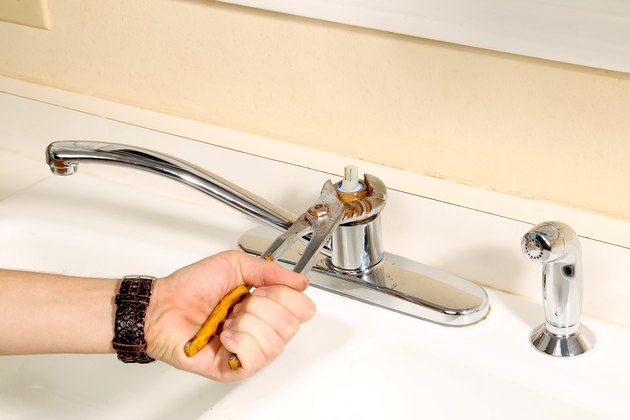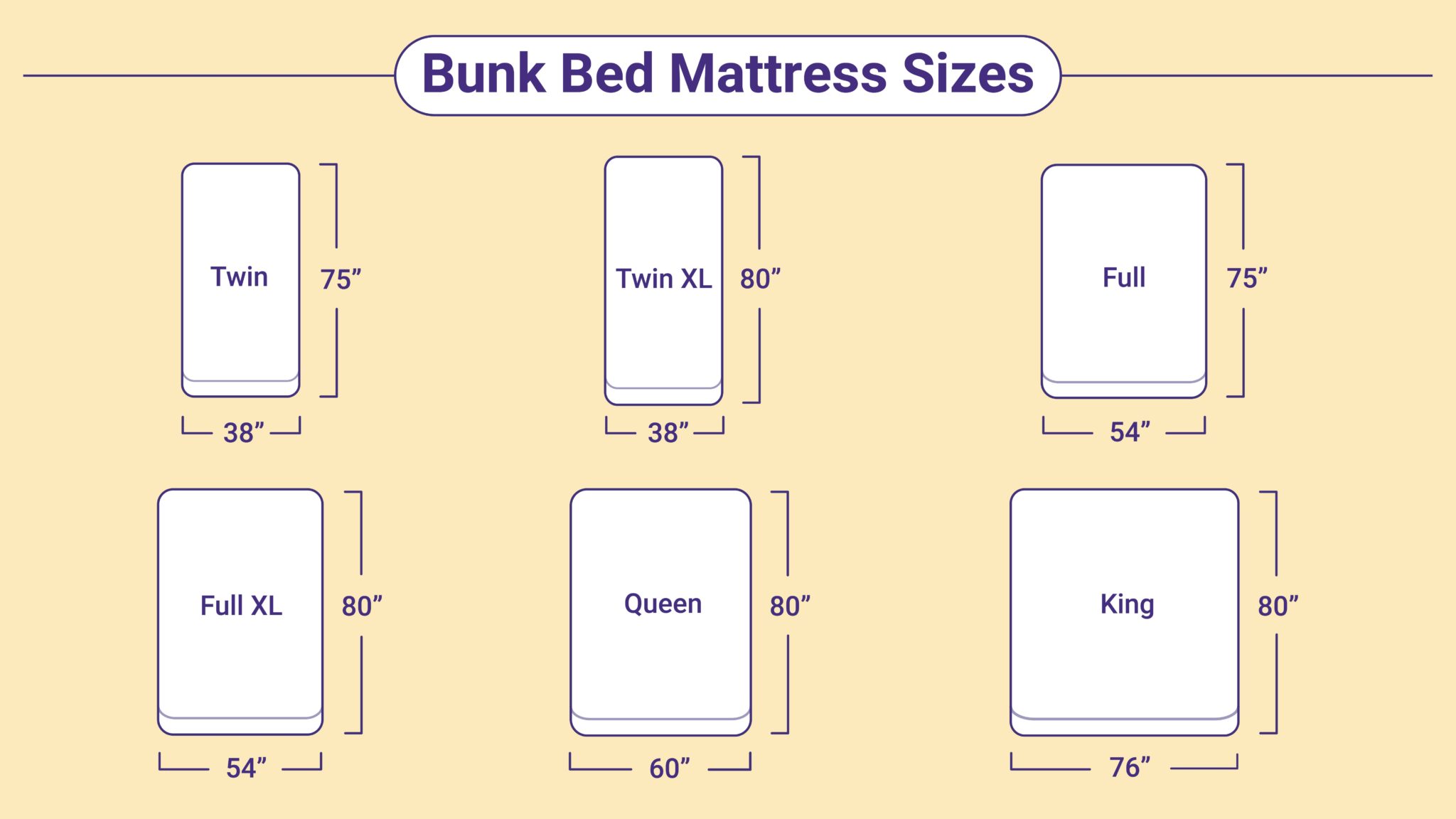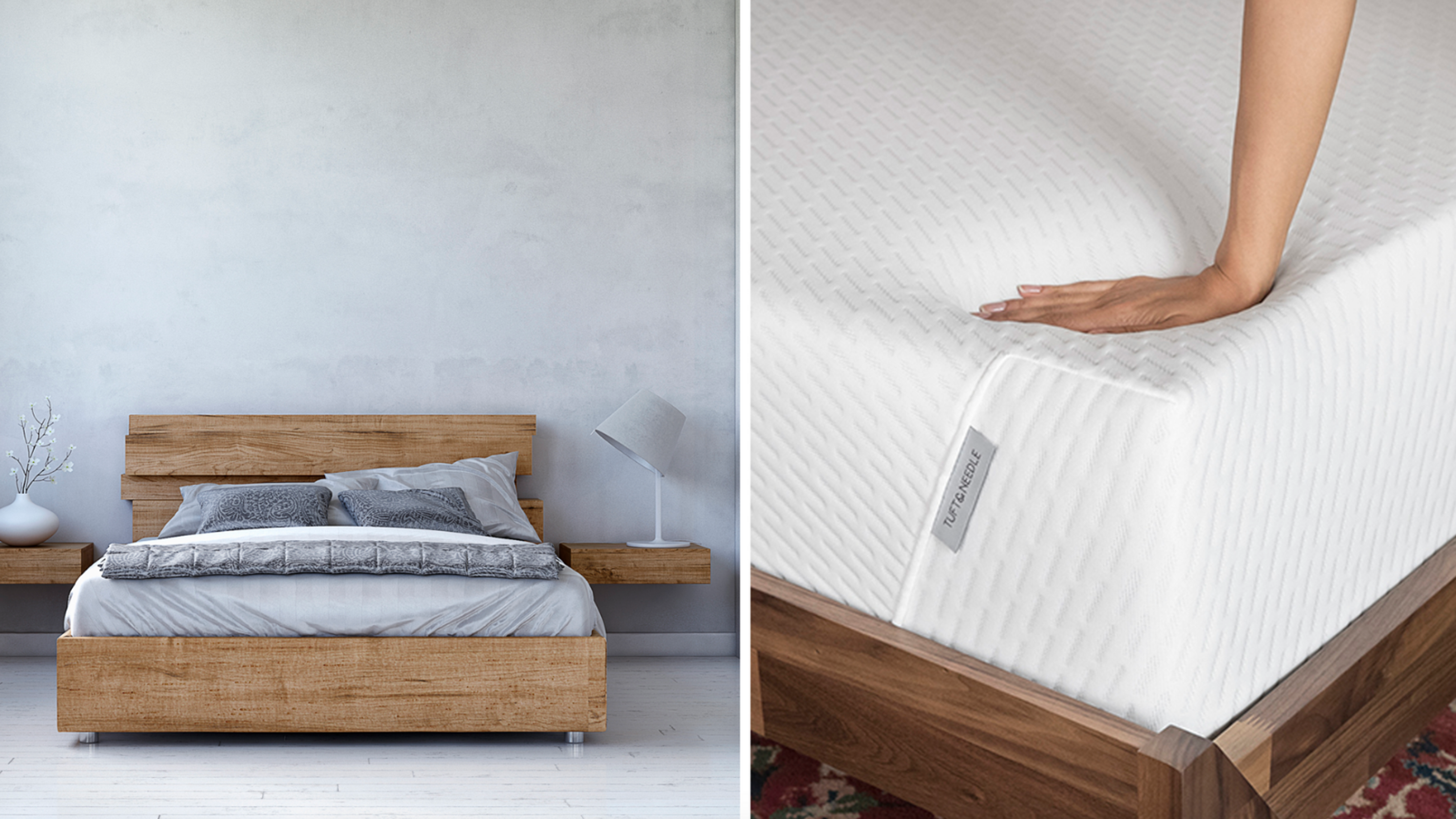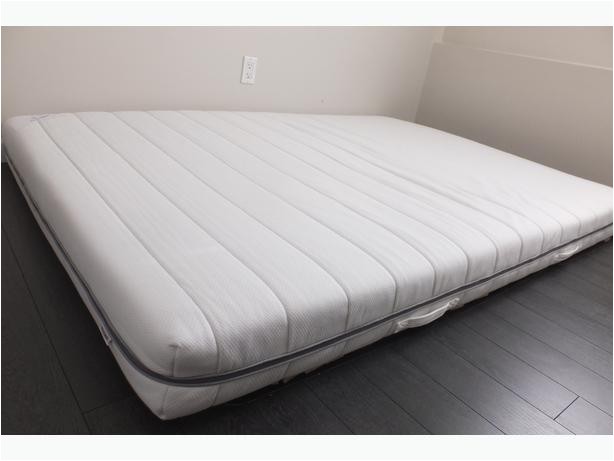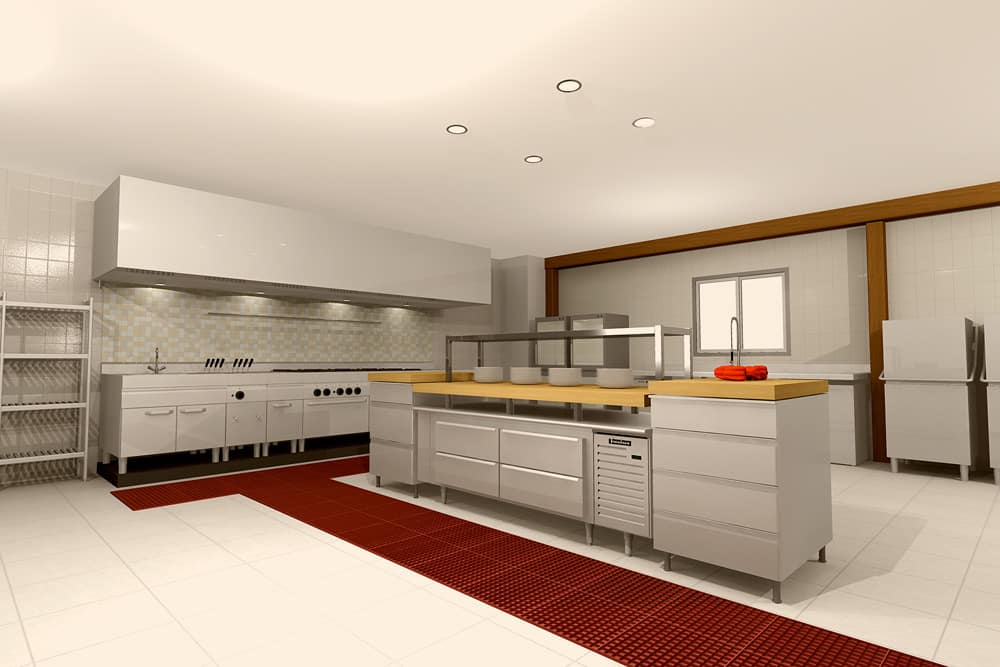How to Fix Low Water Pressure in Your Kitchen Sink
If you've noticed that the water pressure in your kitchen sink has suddenly become weak, it can be frustrating and inconvenient. Not only does it take longer to fill up a pot or wash dishes, but it can also affect the performance of your sink's faucet and sprayer. But don't worry, there are a few simple steps you can take to fix this issue and get your kitchen sink back to its full water pressure potential.
How to Troubleshoot Low Water Pressure in Your Kitchen Sink
Before you start trying to fix the low water pressure in your kitchen sink, it's important to understand the possible causes. Some common reasons for low water pressure include clogged pipes, a faulty faucet or sprayer, or a buildup of sediment and debris in the faucet aerator. By troubleshooting and identifying the root cause, you can effectively fix the issue and restore your kitchen sink's water pressure.
Common Causes of Low Water Pressure in Kitchen Sinks
One of the most common causes of low water pressure in kitchen sinks is a clogged aerator. The aerator, which is a small mesh screen located at the tip of the faucet, can become blocked with debris and sediment over time, hindering the flow of water. Additionally, old and faulty faucets or sprayers can also contribute to low water pressure. It's important to check and clean these components regularly to prevent this issue.
How to Increase Water Pressure in Your Kitchen Sink
If you've identified that the cause of your low water pressure is a clogged aerator, the solution is relatively simple. First, turn off the water supply to the sink. Then, remove the aerator from the faucet using pliers and clean it thoroughly. You can also soak it in a vinegar and water solution to remove any stubborn buildup. Once cleaned, reattach the aerator and turn the water back on to see if the water pressure has improved.
Why Is My Kitchen Sink Losing Water Pressure?
If the water pressure in your kitchen sink continues to be weak even after cleaning the aerator, there may be a more serious issue at play. Clogged pipes, leaky fixtures, or a faulty water supply line could all be contributing to the loss of water pressure. It's best to consult a professional plumber to diagnose and fix the problem before it worsens.
How to Check for a Clogged Kitchen Sink
If you suspect that the cause of your low water pressure is a clogged sink drain, there are a few simple tests you can do to confirm. First, check the other faucets in your house to see if they also have low water pressure. If they do, it's likely a clog in the main water line. If only your kitchen sink has low water pressure, then the issue is isolated to that specific drain. You can also try pouring hot water and baking soda down the drain to break up any clogs.
How to Clean and Unclog Your Kitchen Sink Drain
If you've confirmed that the cause of your low water pressure is a clogged sink drain, you can try a few different methods to clear the blockage. One option is to use a plunger to loosen and remove the clog. Another method is to use a drain snake, which can effectively break up and remove any debris or buildup in the pipes.
How to Replace a Kitchen Sink Faucet
If your kitchen sink faucet is old and faulty, it may be time to replace it. This can significantly improve the water pressure and performance of your sink. First, turn off the water supply and remove the old faucet. Then, install the new faucet according to the manufacturer's instructions. Be sure to check for any leaks and test the water pressure before using the sink again.
How to Install a Kitchen Sink Sprayer
If your kitchen sink does not have a sprayer, you may want to consider installing one. This can be a simple and affordable way to improve the water pressure and functionality of your sink. You can purchase a sprayer kit from a hardware store and follow the instructions to install it yourself. Just be sure to turn off the water supply and follow all safety precautions.
How to Fix a Leaky Kitchen Sink Faucet
A leaky faucet not only wastes water, but it can also contribute to low water pressure. If you notice a leak in your kitchen sink faucet, it's important to fix it as soon as possible. Most leaks can be fixed by replacing the faucet's O-ring or washer. If the problem persists, it may be best to replace the entire faucet.
By following these tips and troubleshooting methods, you can effectively fix low water pressure in your kitchen sink and improve the overall functionality of your kitchen. Remember to regularly clean and maintain your sink's components to prevent future issues. If the problem persists, don't hesitate to consult a professional plumber for assistance.
Possible Causes And Solutions For Low Water Pressure In Your Kitchen Sink

Introduction
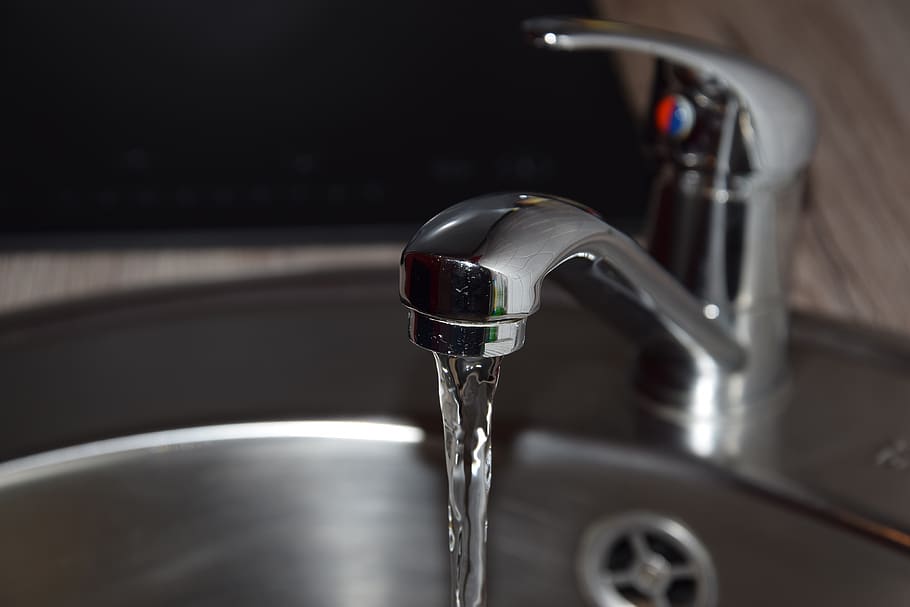 As a homeowner, there's nothing more frustrating than dealing with low water pressure in your kitchen sink. Not only does it make tasks like washing dishes and filling up pots take longer, but it can also be a sign of a bigger plumbing issue. In this article, we'll discuss the possible causes of low water pressure in your kitchen sink and provide some solutions to help you fix the problem.
As a homeowner, there's nothing more frustrating than dealing with low water pressure in your kitchen sink. Not only does it make tasks like washing dishes and filling up pots take longer, but it can also be a sign of a bigger plumbing issue. In this article, we'll discuss the possible causes of low water pressure in your kitchen sink and provide some solutions to help you fix the problem.
Blocked Aerator
 One of the most common causes of low water pressure in a kitchen sink is a
blocked aerator
. The aerator is the small mesh screen located at the end of your faucet. Over time, it can become clogged with mineral deposits and debris, restricting the flow of water. To fix this issue, simply unscrew the aerator and clean it with a mixture of water and vinegar. This will help remove any buildup and restore the water pressure.
One of the most common causes of low water pressure in a kitchen sink is a
blocked aerator
. The aerator is the small mesh screen located at the end of your faucet. Over time, it can become clogged with mineral deposits and debris, restricting the flow of water. To fix this issue, simply unscrew the aerator and clean it with a mixture of water and vinegar. This will help remove any buildup and restore the water pressure.
Old Pipes
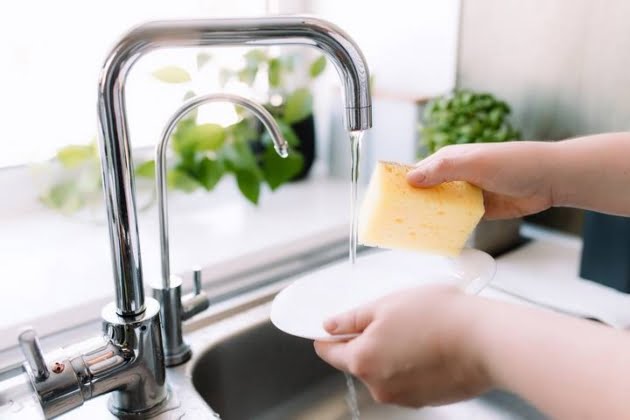 If you live in an older house, your kitchen sink may have
old and corroded pipes
, which can also contribute to low water pressure. Over time, pipes can develop rust and mineral buildup, restricting the flow of water. If this is the case, you may need to replace the pipes to improve the water pressure. It's best to hire a professional plumber to handle this task, as it can be complex and may require specialized tools.
If you live in an older house, your kitchen sink may have
old and corroded pipes
, which can also contribute to low water pressure. Over time, pipes can develop rust and mineral buildup, restricting the flow of water. If this is the case, you may need to replace the pipes to improve the water pressure. It's best to hire a professional plumber to handle this task, as it can be complex and may require specialized tools.
Water Leaks
 Another possible cause of low water pressure in your kitchen sink could be
water leaks
. Even a small leak in your pipes can cause a significant drop in water pressure. To check for leaks, turn off all the faucets in your house and check your water meter. If the meter is still running, it's a sign of a leak. In this case, it's best to call a plumber to locate and fix the leak.
Another possible cause of low water pressure in your kitchen sink could be
water leaks
. Even a small leak in your pipes can cause a significant drop in water pressure. To check for leaks, turn off all the faucets in your house and check your water meter. If the meter is still running, it's a sign of a leak. In this case, it's best to call a plumber to locate and fix the leak.
Water Pressure Regulator
 Your kitchen sink may also have a
faulty water pressure regulator
, which can cause low water pressure. The water pressure regulator is responsible for controlling the water pressure in your house. If it's not functioning properly, it can lead to low water pressure in your kitchen sink. To fix this issue, you'll need to replace the regulator, which is a job best left to a professional.
Your kitchen sink may also have a
faulty water pressure regulator
, which can cause low water pressure. The water pressure regulator is responsible for controlling the water pressure in your house. If it's not functioning properly, it can lead to low water pressure in your kitchen sink. To fix this issue, you'll need to replace the regulator, which is a job best left to a professional.
Conclusion
 Low water pressure in your kitchen sink can be a frustrating issue, but it's important to identify and fix the root cause to prevent any further damage to your plumbing system. By checking for these common causes and following the solutions provided, you can restore the water pressure in your kitchen sink and make your daily tasks easier and more efficient. If the issue persists, it's best to consult a professional plumber for a thorough inspection and repair. Don't let low water pressure ruin your kitchen experience – take action and get your water flowing freely again.
Low water pressure in your kitchen sink can be a frustrating issue, but it's important to identify and fix the root cause to prevent any further damage to your plumbing system. By checking for these common causes and following the solutions provided, you can restore the water pressure in your kitchen sink and make your daily tasks easier and more efficient. If the issue persists, it's best to consult a professional plumber for a thorough inspection and repair. Don't let low water pressure ruin your kitchen experience – take action and get your water flowing freely again.
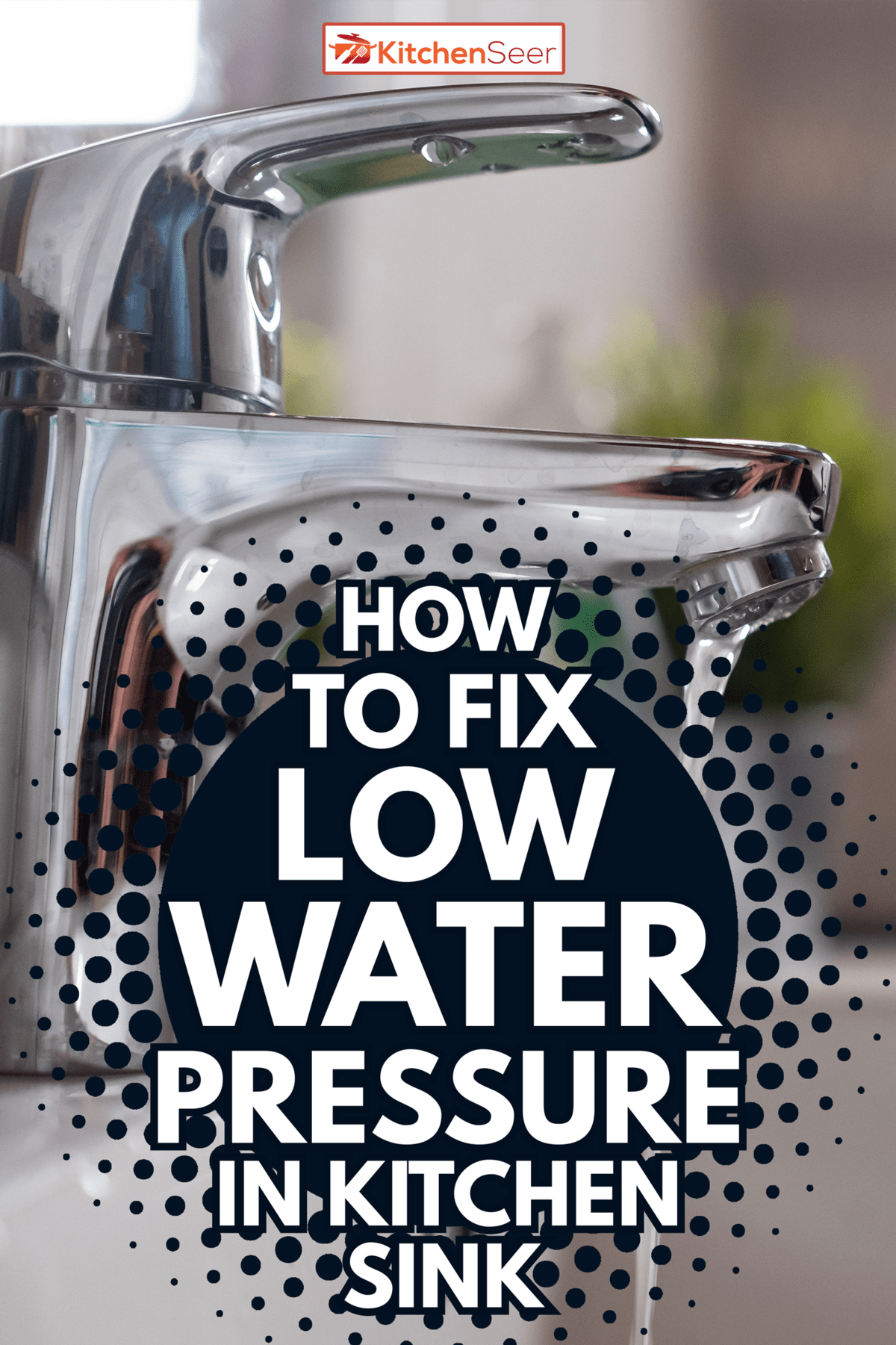


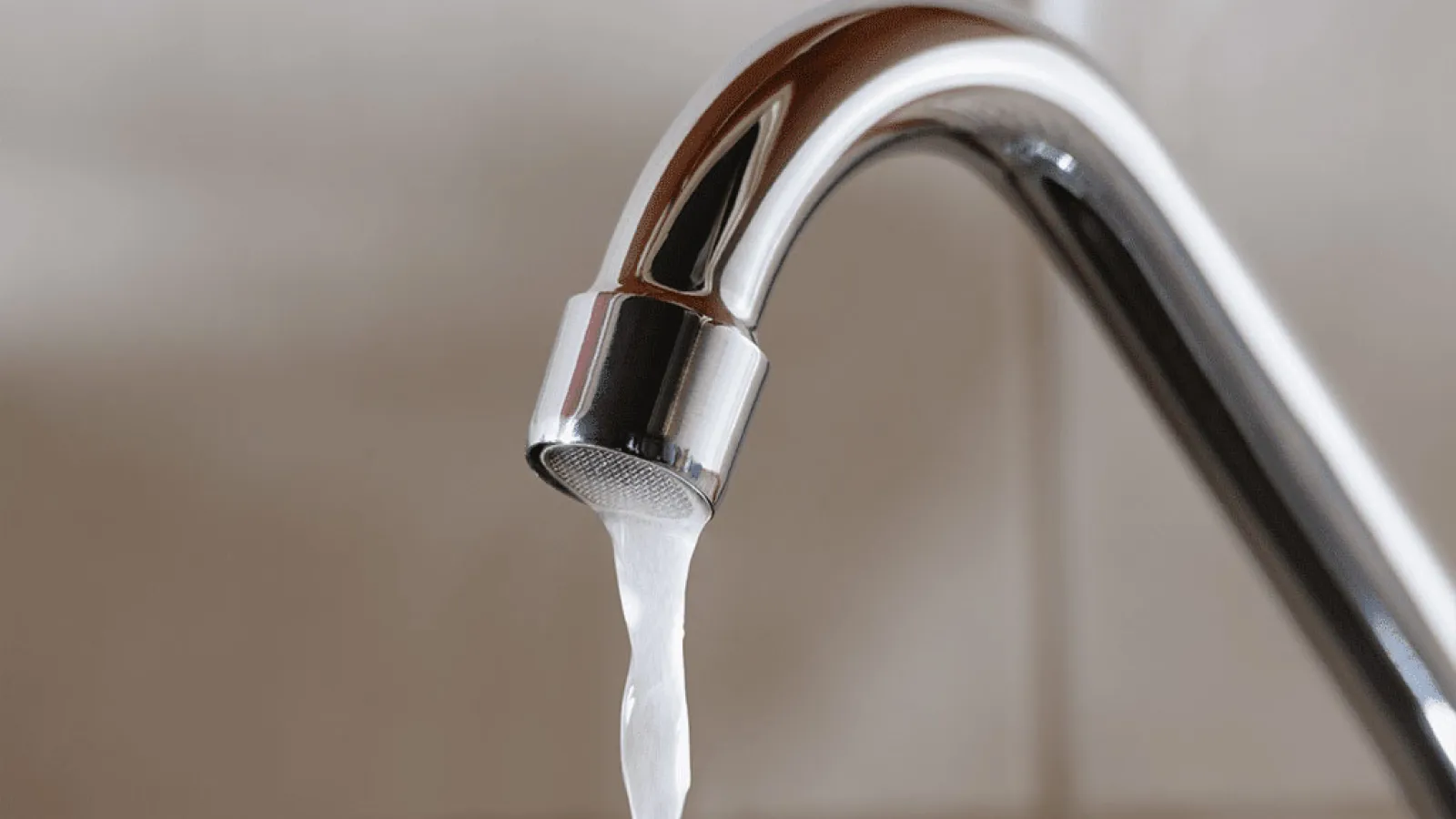









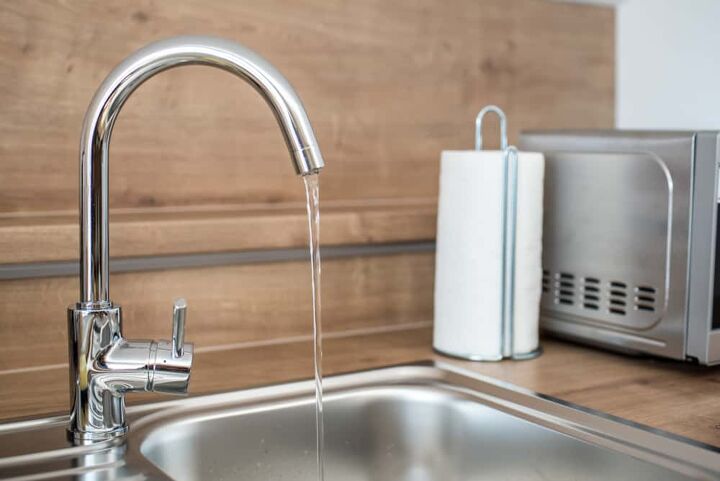



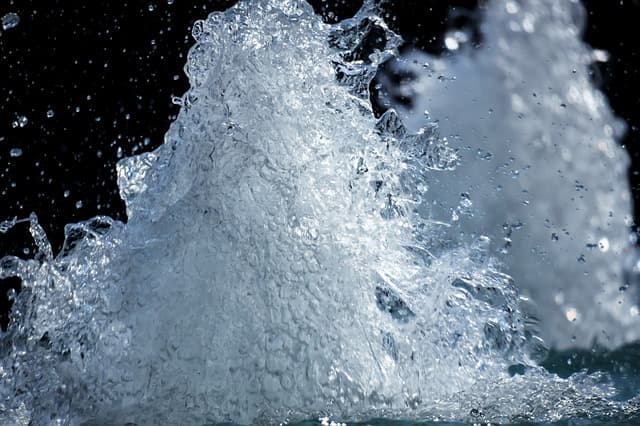

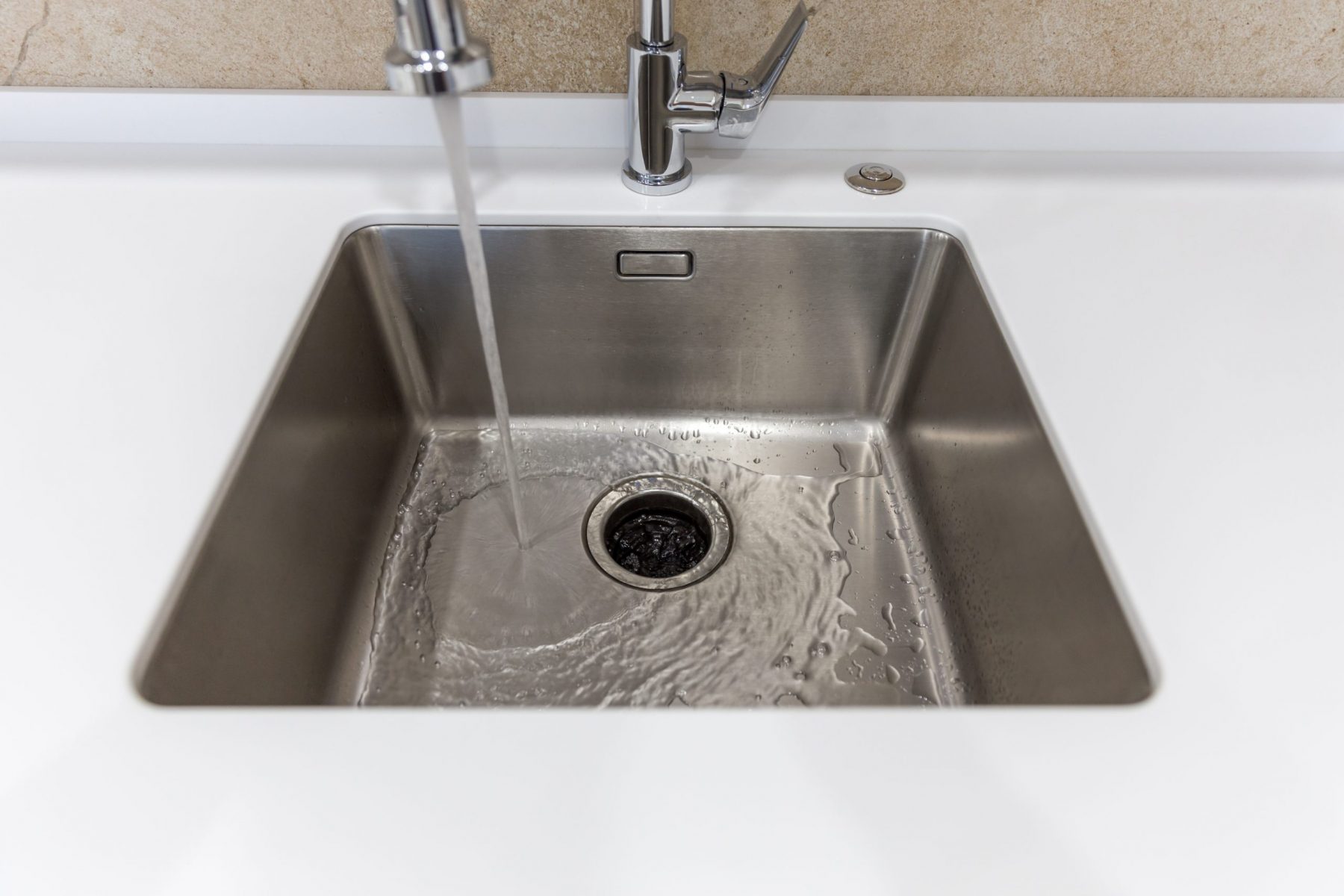

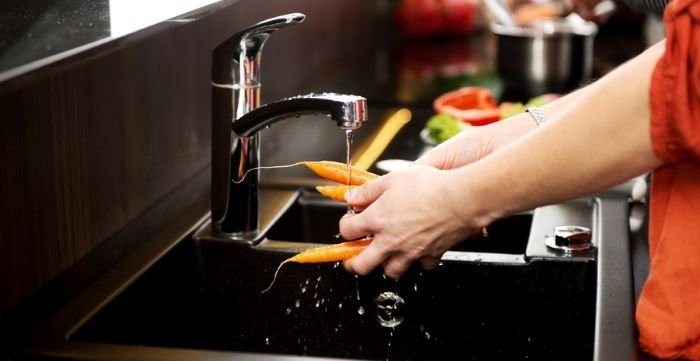


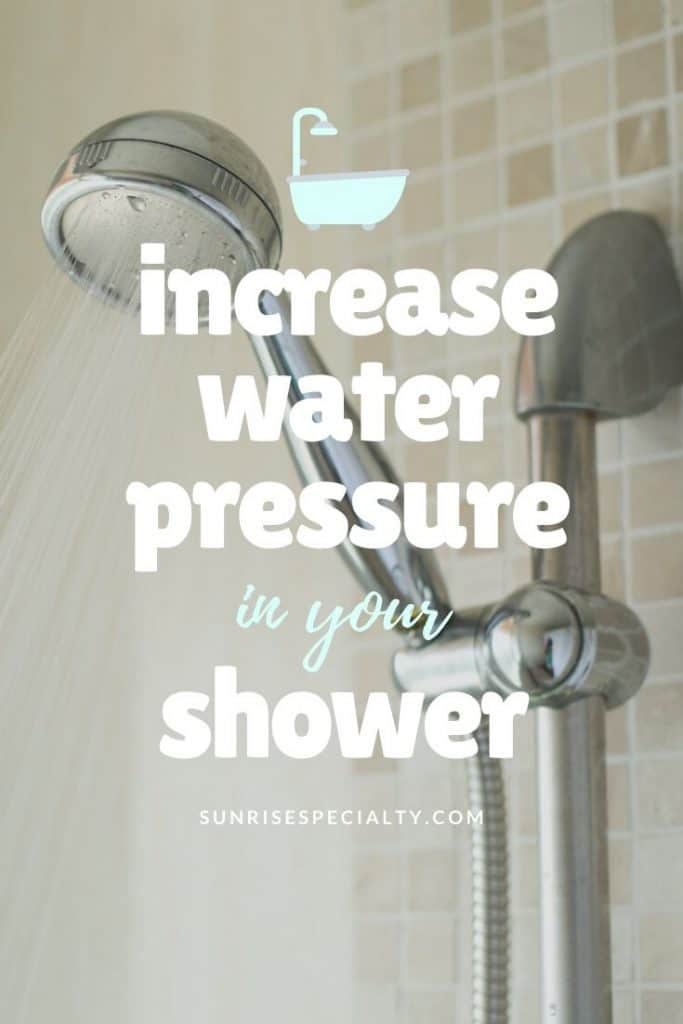
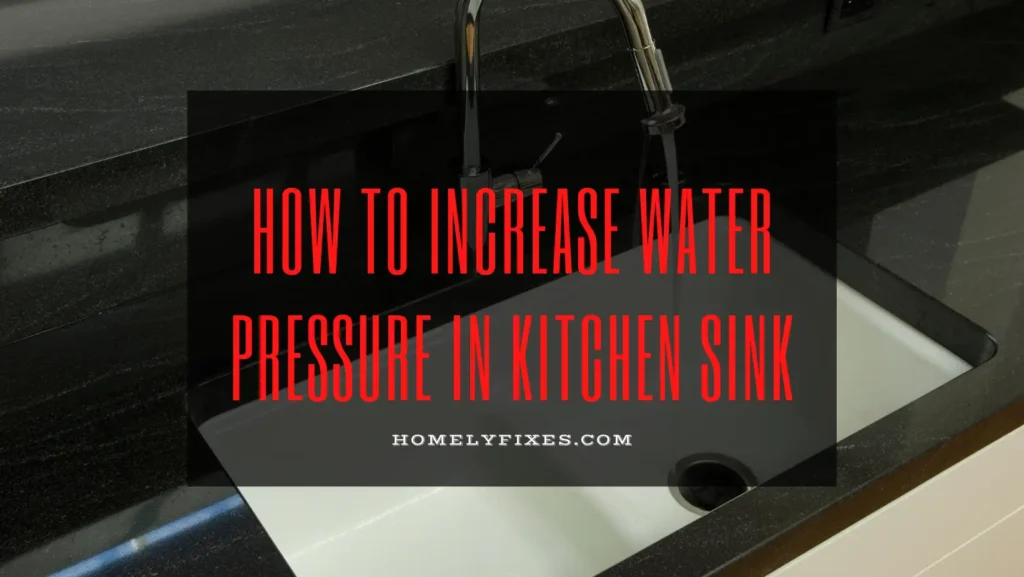




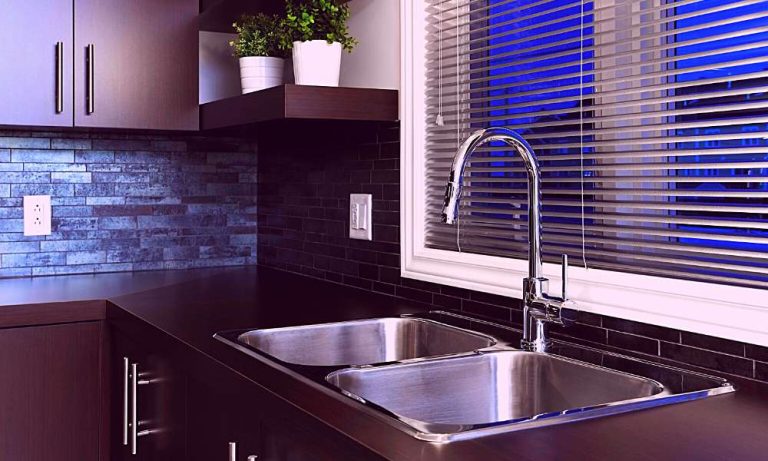


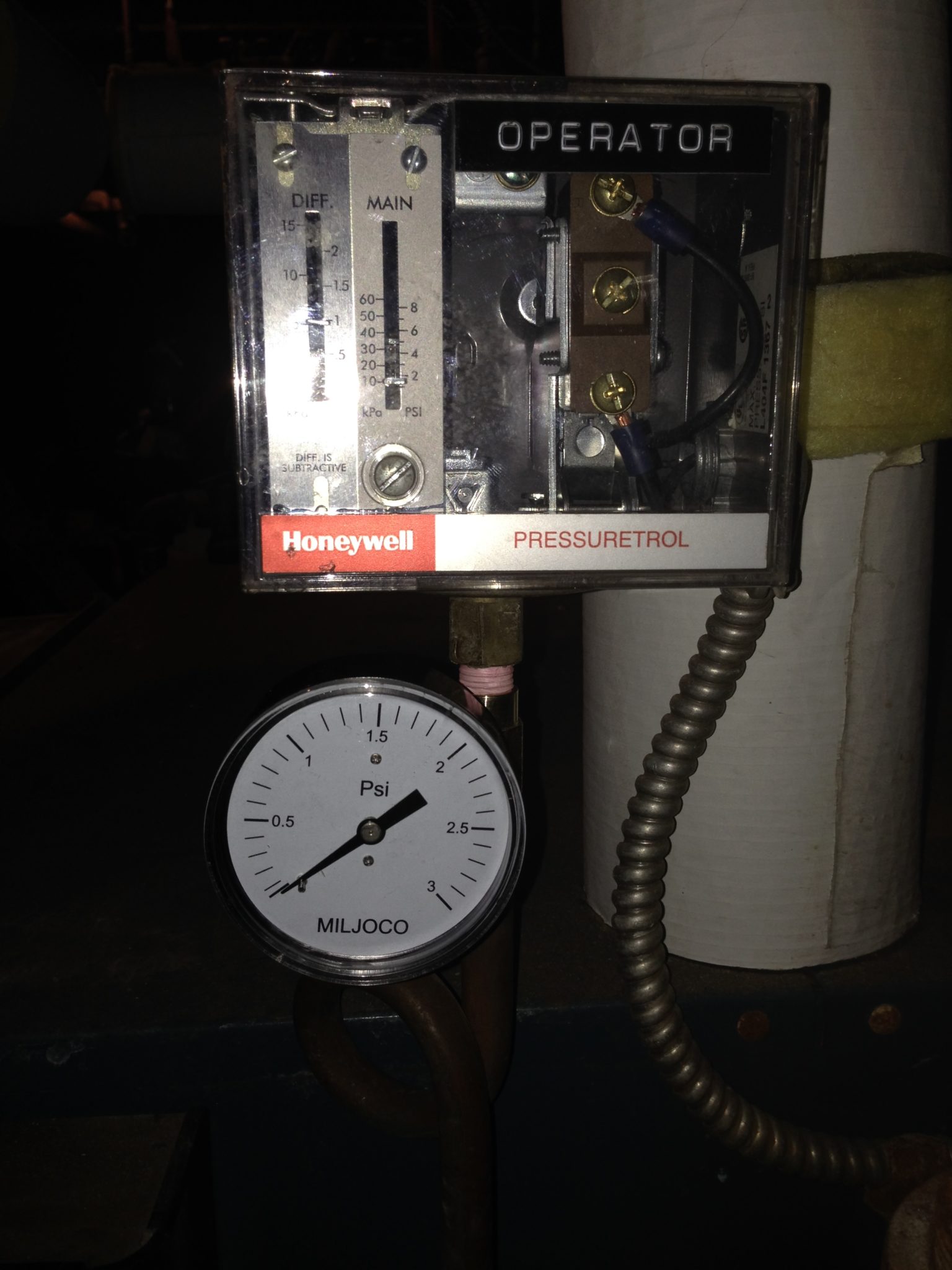




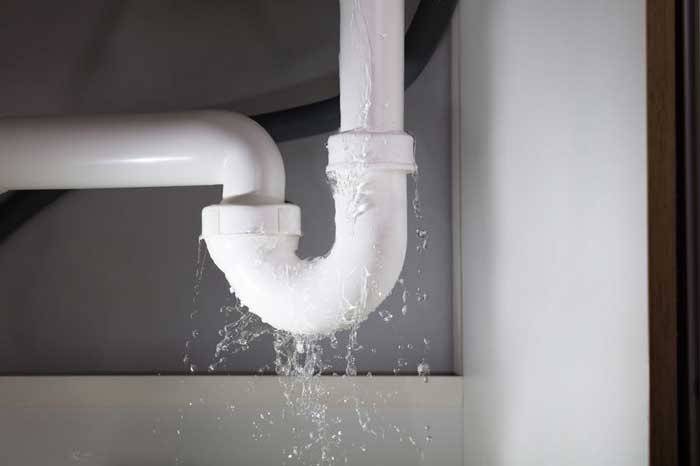

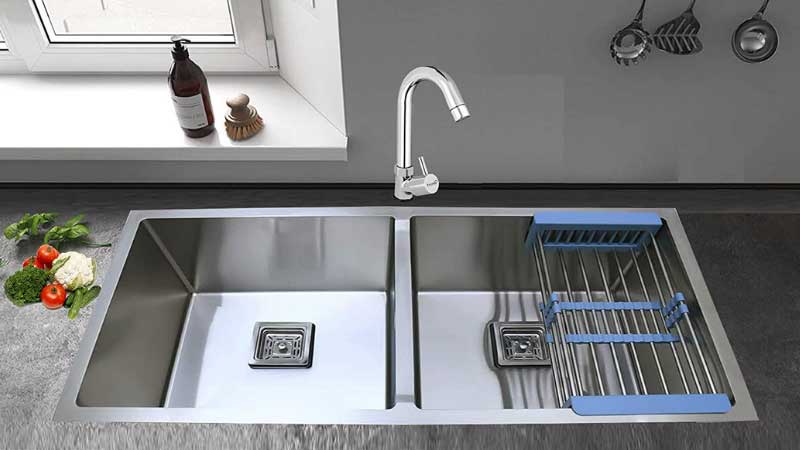





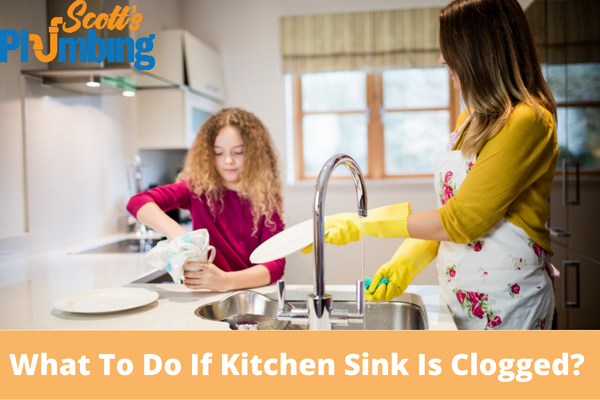
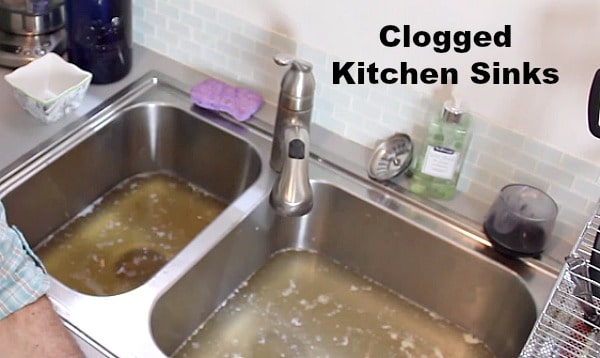



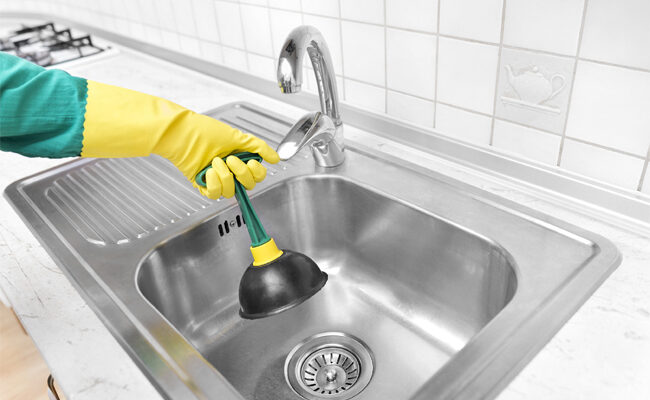


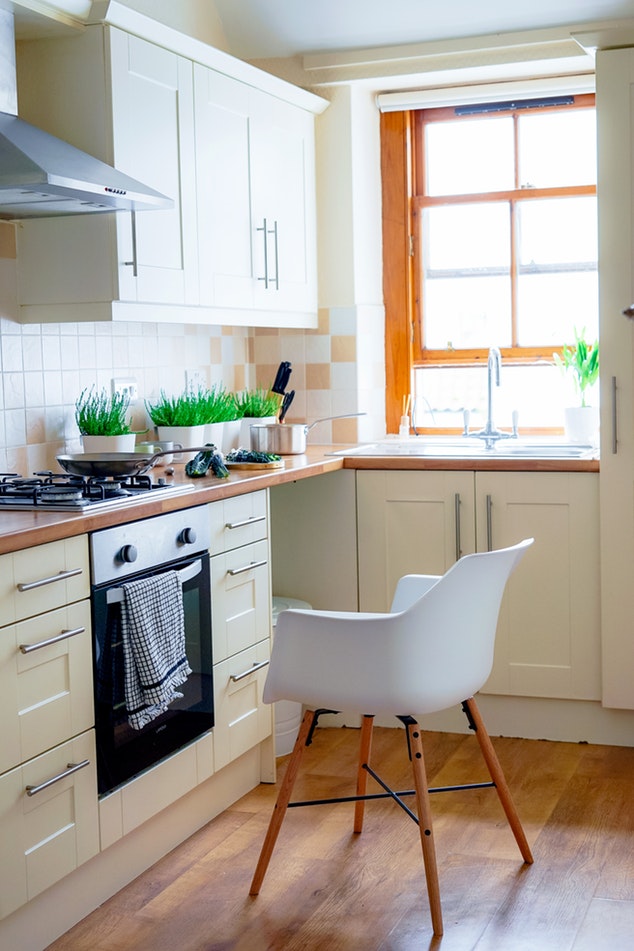

:max_bytes(150000):strip_icc()/freshen-and-unclog-drain-with-baking-soda-1900466-22-bbf940b70afa4d5abef0c54da23b1d3f.jpg)
:max_bytes(150000):strip_icc()/freshen-and-unclog-drain-with-baking-soda-1900466-18-1a5b5da01939471ca8f8823865bd1ce8.jpg)






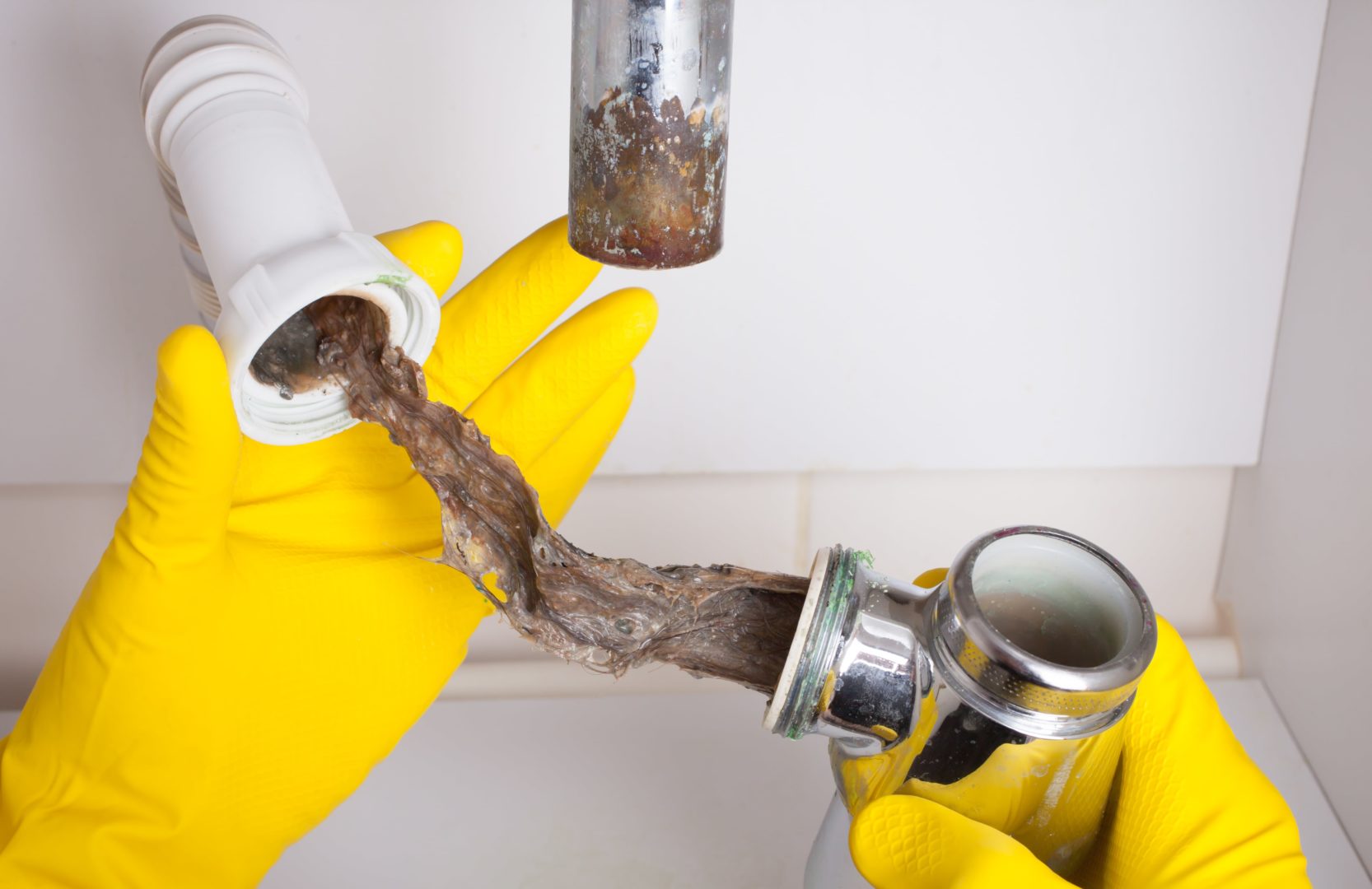
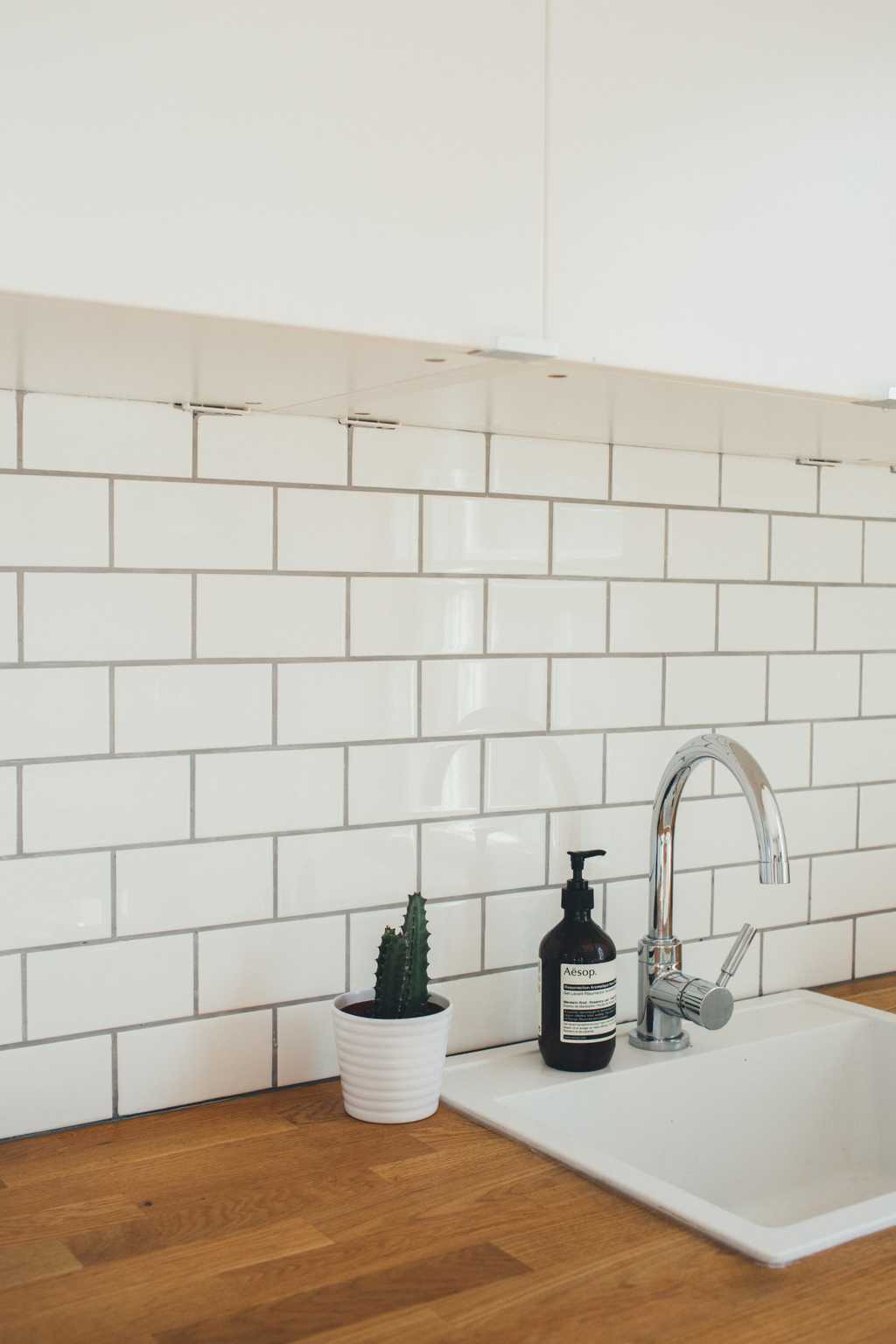

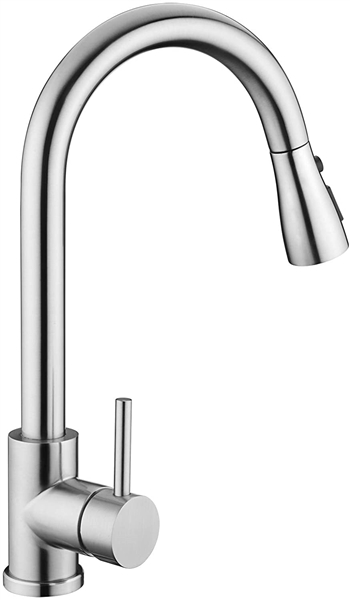

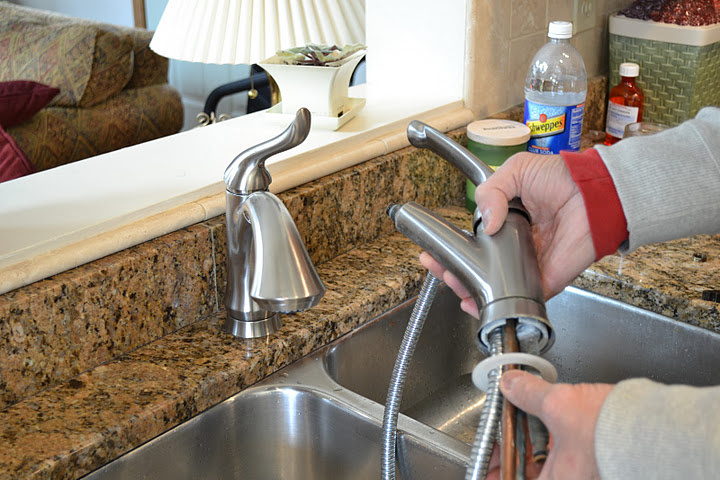

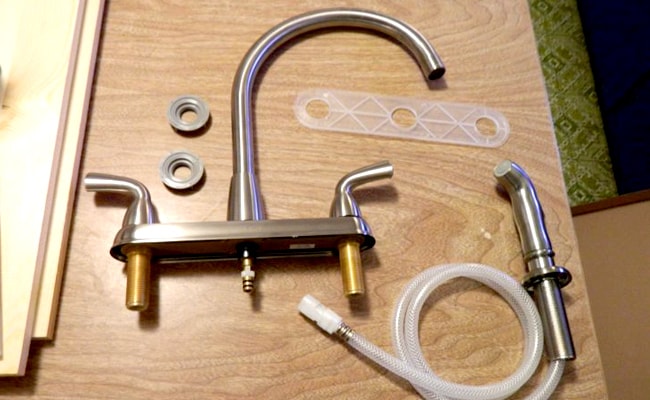


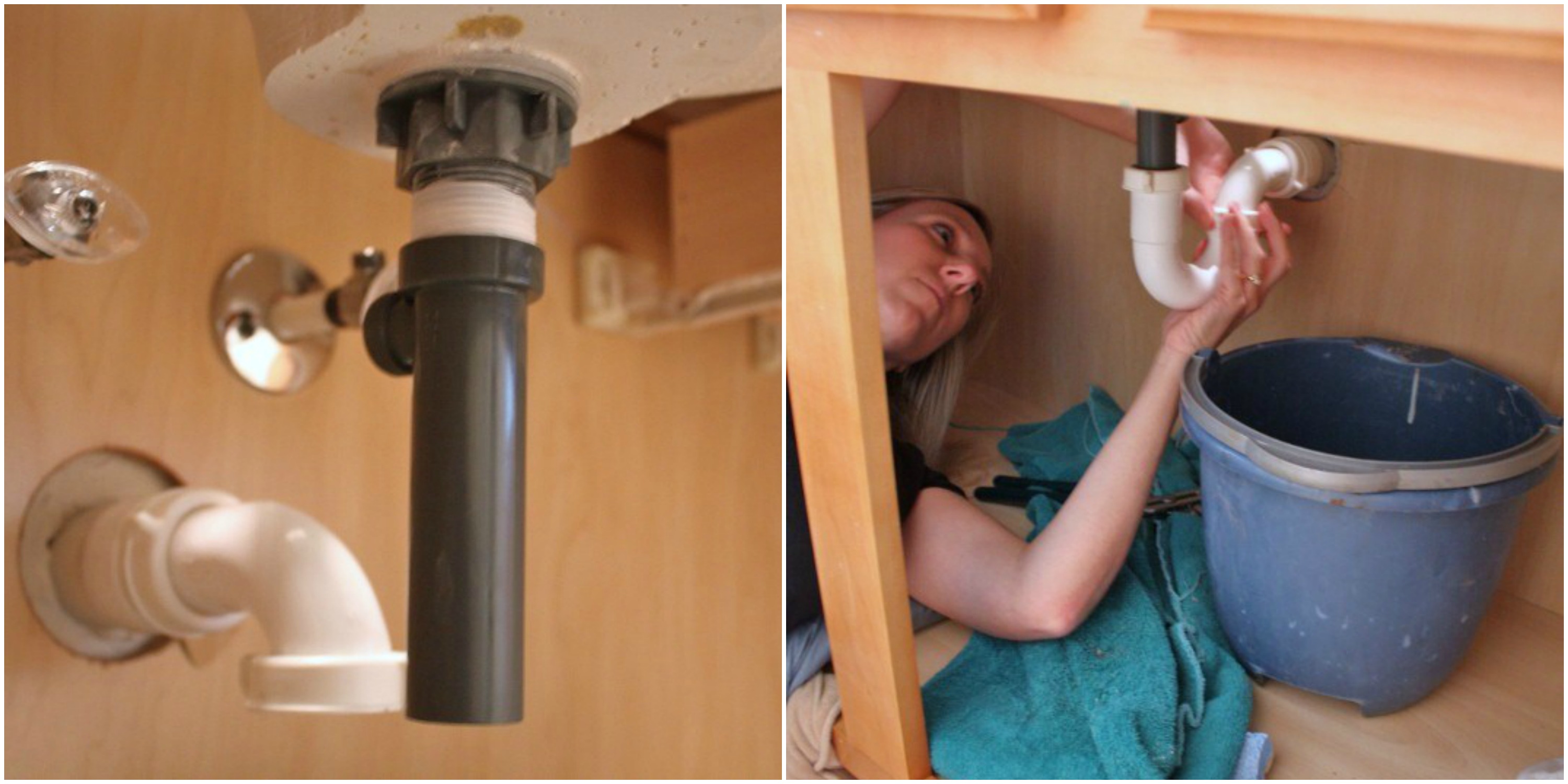
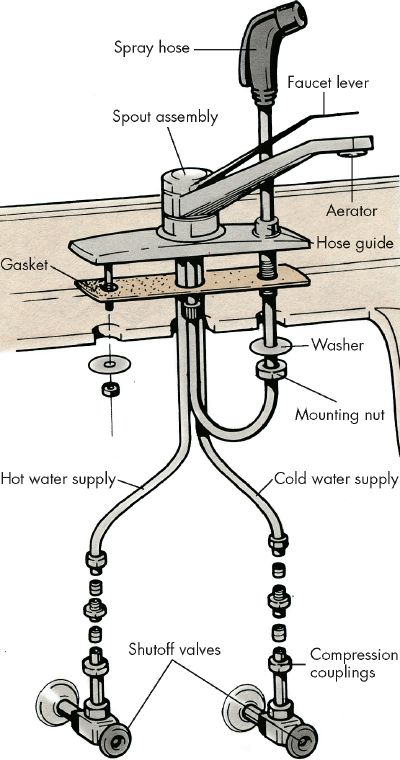




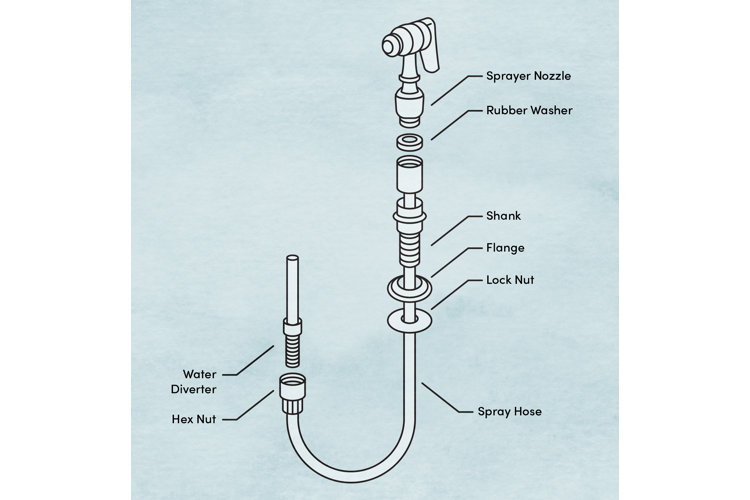
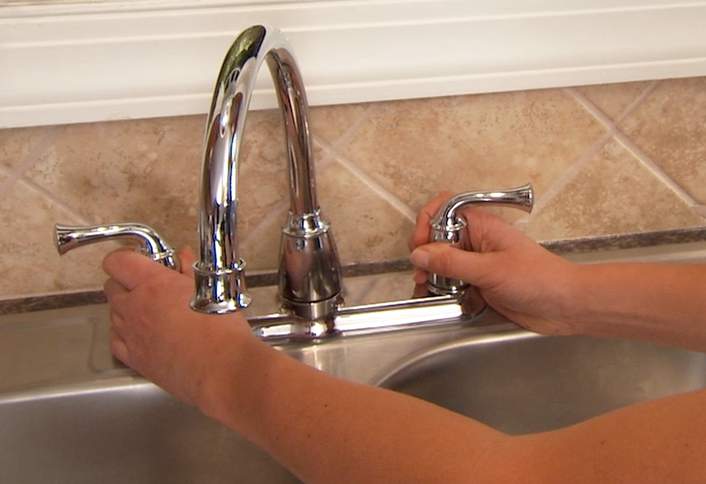

:no_upscale()/cdn.vox-cdn.com/uploads/chorus_asset/file/19495086/drain_0.jpg)
